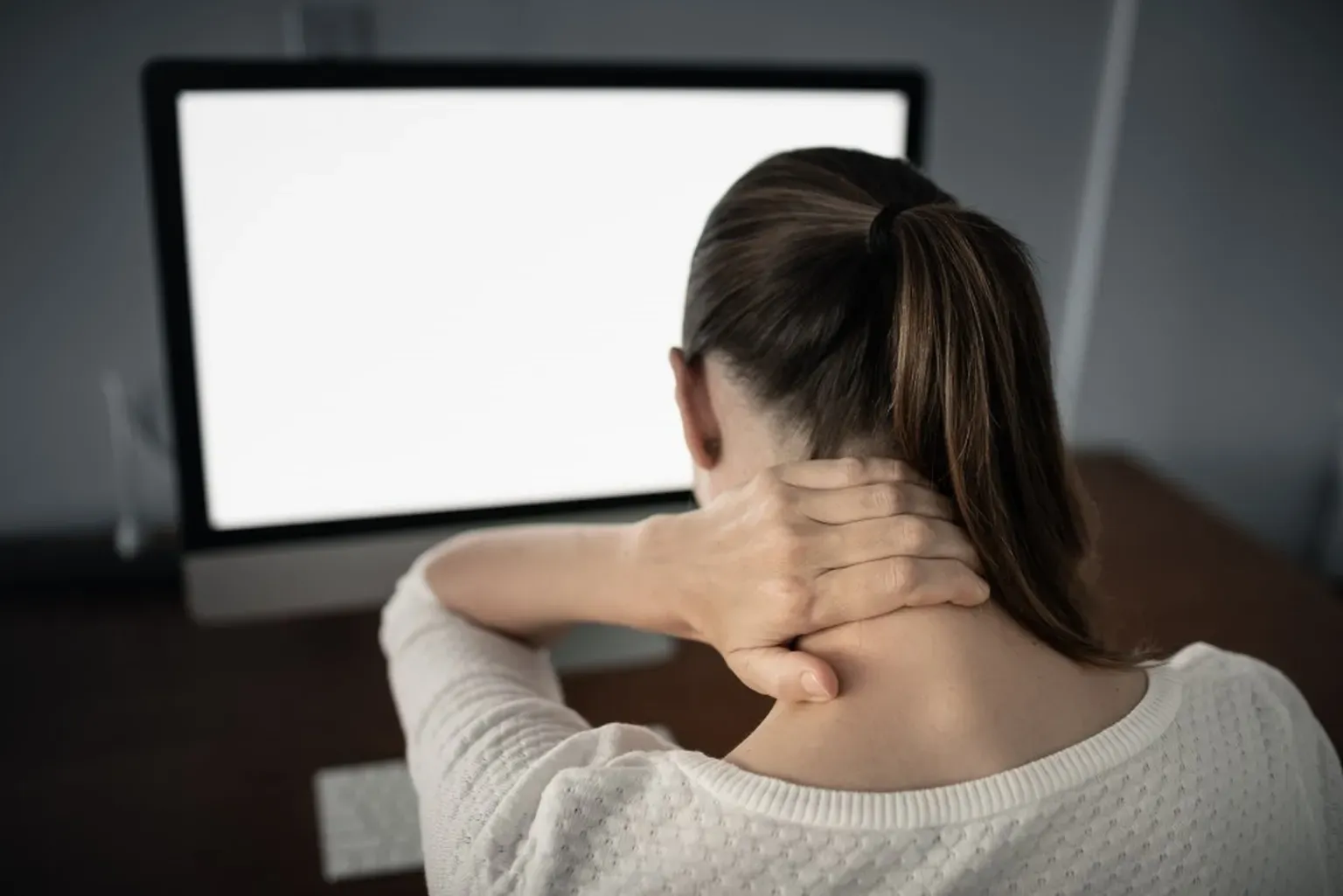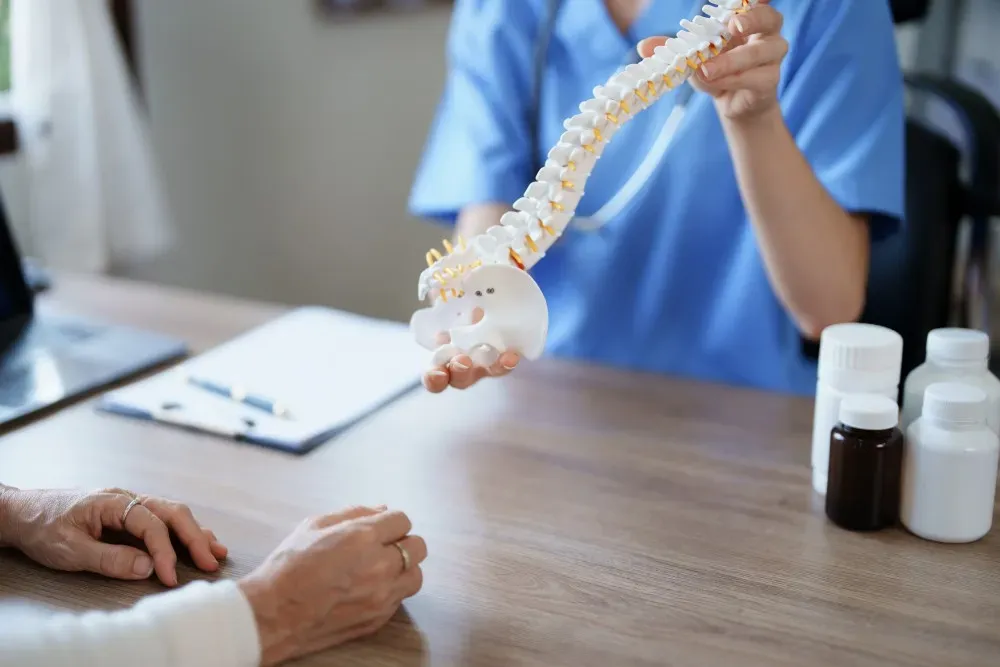Neurosurgery & Orthopedic Surgeons in Jacksonville

When to Seek Medical Treatment for Sports-Related Back Pain
Whether you want to go pro or just maintain your starting spot on the neighborhood team, back pain can interfere with your athletic goals. Read what our premier sports medicine team says about sports-related back pain and when to see the doctor.
Becoming or remaining active in sports is one of the healthiest decisions you can make if you’re interested in fitness. Unfortunately, sports are also a common cause of back pain that can interfere with mobility and the opportunity to enjoy your game of choice.
Our team at Integrity Spine & Orthopedics in Jacksonville, Florida offers outstanding neurosurgery and orthopedic treatments for conditions that affect your nerve, bone, joint, and muscular health. Our services include state-of-the-art sports medicine care focused on helping you achieve your goals while addressing your current symptoms and preventing further injury.
Read more about sports-related back pain, what causes it, and how we can help.
Back pain and sports
Whether you’re a top-level athlete, an active senior, or somewhere in between, sports are a common cause of back pain related to injuries that may affect spinal muscles, nerves, bones, or discs. Back injuries sustained during sports can affect the cervical spine (neck) or mid to upper back (thoracic spine) but are most common in the lower back.
These injuries can occur during training, practice, or games. They may be related to overuse, improper technique or equipment, falls, or other trauma sustained on the field, court, or trail.
Which sports cause back pain?
Any sport can cause back pain, but the location of your symptoms may provide clues as to whether your activity is causing your pain:
Lower back
Lower back injuries are most common and linked to actions required in many sports. Generally, those that require repetitive impact (running), frequent twisting motions, or weight loading at the end of a range-of-motion (weightlifting) can injure muscle, ligaments, or bony structures in the lower back.
These sports include:
- Golf
- Football
- Basketball
- Baseball
- Soccer
- Track and field
- Tennis
While nothing can prevent every injury, lower back pain may be avoidable with appropriate conditioning and strengthening of the core muscles.
Cervical spine (neck)
Most neck injuries occur in contact sports such as football, wrestling, and mixed martial arts. While not always intentional, other high-contact sports that increase your risk of neck pain include soccer, lacrosse, ice and field hockey, and rugby.
Mid to upper back (thoracic spine)
The thoracic spine is less mobile and better supported than other spinal regions, making it less vulnerable to injury. However, those sports that require repetitive torso rotation increase your risk of straining the intercostal muscles between the ribs, sometimes causing significant back pain. These sports include swimming, tennis, skiing, and weight training with rotation.
When should you see a doctor for sports-related back pain?
Our Integrity Spine & Orthopedics team encourages people to schedule a sports medicine evaluation whenever they’re concerned about their musculoskeletal health or fitness for specific sports.
Otherwise, we recommend scheduling an appointment if your back pain doesn’t improve after a day or two and any time your pain is severe enough to interfere with rest, your mobility, or your ability to participate in your sport.
You should also schedule an appointment if you develop signs of a compressed or pinched nerve, including:
- Sharp or shooting pains traveling into shoulders, arms, or legs
- Weakness, numbness, or tingling in the shoulders, arms, or legs
- Pain that worsens rather than improves
- Difficulty with walking or balance
- Changes in bowel or bladder injury
Based on the results of your evaluation, treatment for sports-related back pain may include rest, physical therapy, activity modification, and medication to reduce inflammation and pain. You may also benefit from injection therapies such as epidural steroid injections or protein-rich plasma (PRP) therapy to help speed healing.
Should conservative measures fail to relieve your symptoms, our Integrity Spine & Orthopedics team also offers advanced, minimally invasive spine surgeries that can restore pain-free mobility.
Schedule an evaluation today by calling our Jacksonville office or requesting an appointment online.




